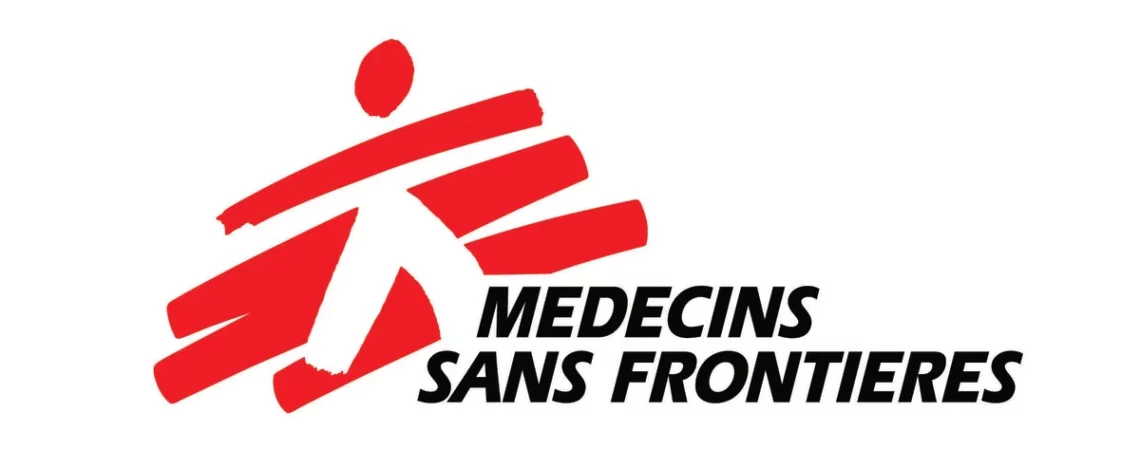
Being at the vanguard of evolving trends, new challenges and technologies in the field of medical practice and science and linked with external clinical, academic and research institutions
Providing technical capacities to fulfil the medical ambitions of the 2020-2024 OCG Strategic Plan, in particular those in relation to the Operational Policy, innovation and research
Addressing the field support needs in their response to clinical and public health challenges, with flexibility and adaptation of priorities when facing emergencies or difficult conflict situations
Creating an integrated work between Operations and the Medical department through collaborative work platforms, focusing on precise medical operational challenges, selection of standards and improvement of practices.
The role of the Medical Department also includes, in relation with other involved Departments, a critical role on knowledge transmission to field medical staff through adapted trainings and fast access to key reference documents/tools, as well as recruitment strategies.
Mission
The MSF OCG medical advisor in epidemiology overall objectives are:
- Provide technical and strategic support to Operations through the Polyvalent Medical Advisor (RMP, responsible medical polyvalent) and, if appropriate, directly to the field with respect to urgent or complex technical and clinical questions linked to his/her domain;
- Strengthens the skills and competencies of MSF staff through capacity building, content development of training modules, e-briefing and participation in trainings. This epidemiological capacity is intended to improve data collection and analysis and evidence-based decision-making, including operational research in our field projects.
MAIN DUTIES AND RESPONSIBILITIES:
- Is a focal point for all epidemiological, data analysis and operational research questions for a portfolio of MSF’s missions; has an overview of all epi and OR activities and is proactively monitoring and identifying emerging topics
- Supports field epidemiologists and epidemiology activity managers in their day-to-day tasks (surveillance, implementation and analysis of surveys, outbreak investigation, analysis of medical data), identifies training and supports needs, including direct support through the field visits.
- Works in close collaboration with HIS team to support missions in analysing and interpreting medical data and indicators
- Provide epidemiological expertise to support or directly implement cross-sectional surveys and community-based assessments in the field projects.
- Provide epidemiological expertise to improve outbreak detection, investigation and response, through supporting the use, development and maintenance of surveillance systems (e.g. health facility based, community based, media and social media monitoring) and outbreak investigation, using relevant tools and technologies. This is performed through direct activities in the field, support of field-based epidemiologists or remote support.
- Liaise with GIS team to maximize use of mapping when appropriate
- Support the MSF OCG Strategic Plan’s epidemiological activities, including support for MSF OCG operational research activities.
- Support evidence-based decision-making in MSF OCG by utilising peer-reviewed research and academic links to inform epidemiological work and colleagues through using external resources and novel technological tools; and disseminating field-relevant operational research.
- Prepare or support the writing of manuscripts for publications. Present data at scientific conferences or support field or HQ staff to do so
- Provide support and mentoring for field epidemiologists, including undertaking field visits to coach and advise field staff on epidemiological activities.
- Give expert advice and technical support to colleagues in the OCG Medical Department and to other MSF departments (e.g. Operations) on inter-disciplinary issues regarding epidemiology to enhance the quality of programmes.
- Develop and facilitate training in epidemiology for field staff through internal and intersectional courses and remote and field-based coaching and ensure knowledge transfer on new material.
- Build and maintain networks within MSF and with relevant external institutions and specialists to form collaborations and exchange knowledge.
- Represent MSF in the academic and public health community and to the media, companies and supporters, as appropriate.
POSITION SPECIFIC RESPONSIBILITIES
- Focal point for all epidemiological, data analysis and operational research questions for some of the cells and/or specific countries. The portfolio might be changing depending on the overall needs and workload in the Epi/OR team.
- Participates to the regional discussions and reflections organized by MSF in Dakar (Dakar medical platform, operational cells or Dakar office)
- Build and maintain good collaboration with other regional epidemiologists and participates to regional surveillance initiative
- Builds and maintains relevant external contacts in Dakar and in the region
Professional skills
Education
- Degree in epidemiology (Master’s degree or PhD)
- Medical, paramedical or public health background an asset
Experience
- Hands-on experience in field epidemiology in emergency settings (minimum two years work experience)
- Experience with MSF/Epicentre or similar medical organization
- Experience in applied epidemiology in developing countries, surveys, epidemic control and surveillance.
- Relevant travel or work experience in contexts where MSF works
- Skills and proven experience in supporting the use of data in decision-making and developing data literacy in others.
Languages
- Fluent in French and English (oral and written)
- Spanish or Arabic is an asset .
Qualities
- Use of statistical tools (STATA, R, or similar)
- Ability to analyse and interpret medical data
- Understanding of medical humanitarian work with regards to the medical-technical and the political dimensions.
- Solid interpersonal skills with willingness and ability to communicate effectively with senior operational management, national authorities and other international organisations.
- Ability to analyze medical and structural issues.
- Excellent writing skills.
- Coaching, communication and interpersonal skills
- Good stress control
Position’s specificities
Department: Medical
Hours: Full-time; 40 hours per week
Reports to: Operational Research Coordinator
Location: Dakar
Duration: Open ended (3-year term, renewable once)
Contract typeFixed-term contract
Contract duration36 months
**Salary (€)**XXX
Deadline for submission22 May 2024